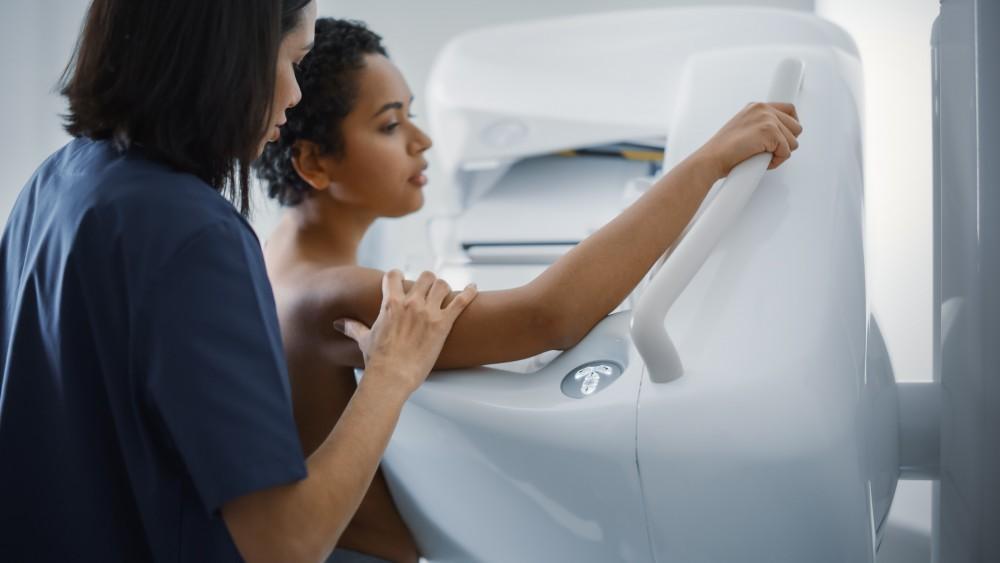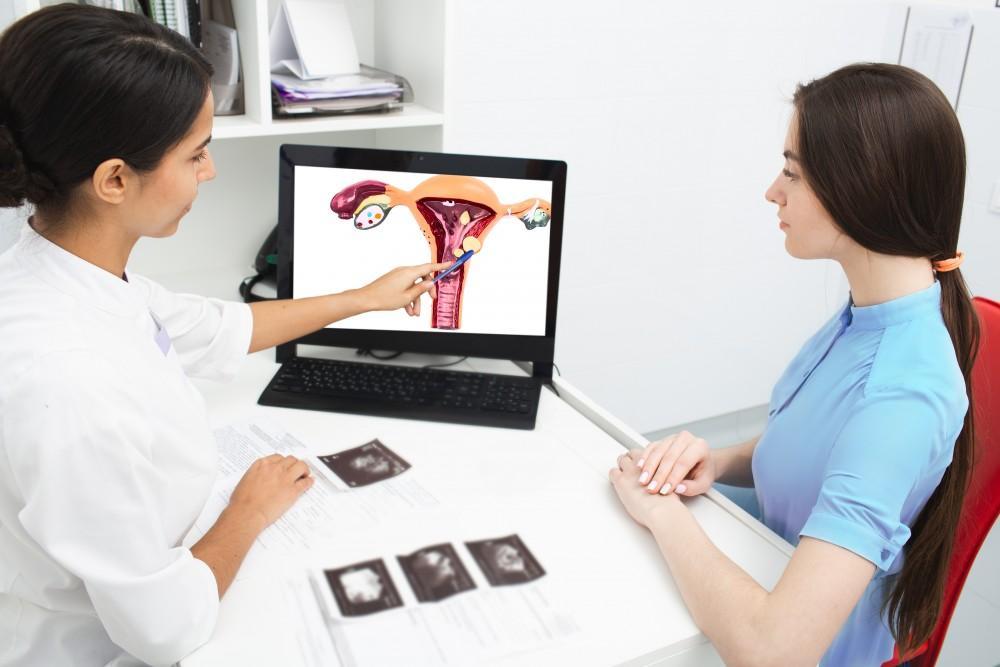
What to Expect From Your First 3D Mammogram
A mammogram is an X-ray of your breasts. It’s the best way to identify early...
Read MoreYour health is your greatest asset. You do everything from eating a nutritious diet to getting regular physical exams when it comes to protecting your health, but when was the last time you thought about your bone health?
Bone is one of the hardest substances in your body, and it’s made of living tissue, just like your organs and muscles. Healthy bones have a high mineral density, making them strong, resilient, and unlikely to break. But as you get older, your bone density declines.
The lower your bone density, the greater your risk of fractures, or broken bones. If your bones get too fragile, you may be diagnosed with osteoporosis: a common disease that develops with bone deterioration.
Osteoporosis affects about 54 million Americans, and you could be at risk. Take note, however, that there’s a noninvasive diagnostic test available to evaluate bone density and your risk for osteoporosis.
The Women’s Center offers dual-energy X-ray absorptiometry (DEXA) scanning for women of all ages in the Orlando, Florida, area. Screening takes just 15 minutes, and it could give you valuable insight into your health.
Ask about getting a DEXA scan if …
Osteoporosis is very common, but it doesn’t have noticeable symptoms. Protecting your health starts with understanding your osteoporosis risk factors. Your risk of osteoporosis may be higher due to:
If you have risk factors for osteoporosis, getting a bone density scan is the best way to determine if you have the disease — before you break a bone.
Some other factors could also affect your bone health. Consider scheduling a DEXA scan if you have a history of taking corticosteroid medications, you’ve had an organ or bone marrow transplant, or you’ve lost 1.6 inches or more in height.
Women are four times more likely to develop osteoporosis than men. This is due in large part to declining hormone levels after menopause. Estrogen is a primary female hormone, and it influences healthy bone growth.
Estrogen levels naturally drop before, during, and after menopause. This decline increases your risk of bone deterioration and osteoporosis. That’s why the U.S. Preventive Services Task Force (USPSTF) recommends that all women over age 65 get screened for osteoporosis, regardless of other risk factors.
Since osteoporosis doesn’t have noticeable symptoms, many people don’t know they have it until they break a bone. Osteoporosis can make bones so fragile that even a minor incident — like falling in your home or straining to lift a heavy object — could be enough to cause a fracture.
Traumatic injury aside, suffering a fracture is a clear indicator that you could have osteoporosis. If you’ve fractured a bone, it’s a good idea to get a DEXA scan because it’s the best way to assess your bone density and diagnose osteoporosis.
DEXA scans give you and your care team valuable insight about your health. If osteoporosis is identified, we work with you to develop a treatment plan that strengthens your bones to reduce your risk of future fractures.
Osteoporosis can be damaging to your health, but taking a proactive approach can help your bones stay stronger. Learn more about the benefits of DEXA scans with an appointment at The Women's Center. Contact the Orlando, Florida-area office nearest you by phone or book online today.




A mammogram is an X-ray of your breasts. It’s the best way to identify early...
Read More
About 1 in 10 women has ovarian cysts. These small growths form on your ovaries,...
Read More
If you and your partner have decided you’re ready to start growing your family, you’re...
Read More